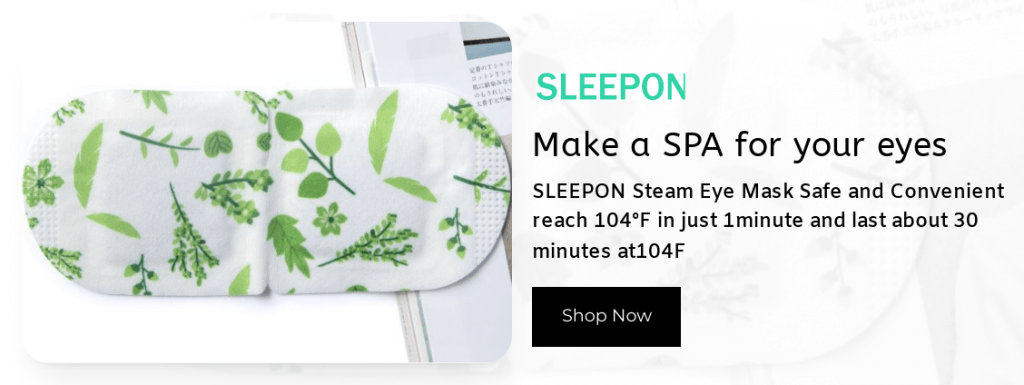How to Improving Your Sleep Quality
Sleep is vital to our physical and mental health, just as SLEEPON believes that sleep is an important indicator of overall health. Taking control of your sleep is an important step in taking control of your health. Yet in today’s busy modern life, many people face challenges with sleep quality. The good news is that there are many effective ways to help us improve the quality of our sleep and enjoy a better night’s sleep. In this article, we’ll explore science-backed strategies to help you optimize your sleep quality and enjoy restful nights.
1. Follow a Regular Sleep Schedule
Establishing a consistent sleep schedule is essential for optimizing sleep quality. Try to maintain the same wake-up time and bedtime every day, including weekends. This helps regulate your body clock and makes it easier for your body to enter sleep mode.
2. Create a Comfortable Sleep Environment
The comfort of your sleep environment plays a critical role in sleep quality. Ensure that your bedroom is quiet, dark, and cool. Use curtains, earplugs, and air conditioning to eliminate noise, light, and excessive heat.
3. Avoid Stimulating Substances
Certain substances in food and drinks can affect your sleep quality. Avoid consuming caffeine and alcohol before bedtime, as they can interfere with your sleep cycle and quality.
4. Establish a Relaxing Bedtime Routine
Having a relaxing routine 30 minutes to 1 hour before bedtime helps prepare your mind and body for sleep. You can try activities such as taking a bath, reading, practicing meditation, listening to relaxing music, or engaging in light stretching exercises to unwind.
5. Control Blue Light Exposure
Blue light from electronic devices and lighting can suppress the production of melatonin and disrupt sleep. Try to minimize the use of electronic devices within an hour before bedtime and consider using blue light filters or wearing glasses that block blue light to reduce exposure. SLEEPON Blue Light Blocking Glasses block 99.79% blue light from 380nm to 500nm.Helps you sleep better

6. Engage in Moderate Physical Activity
Moderate physical activity can help you fall asleep easier and maintain sleep. Aim to engage in some form of aerobic exercise, such as walking, jogging, or yoga, on a daily basis. Avoid vigorous exercise close to bedtime as it may interfere with sleep.
7. Manage Stress and Anxiety
Stress and anxiety are common contributors to poor sleep quality. Try incorporating stress management techniques such as deep breathing, meditation, relaxation exercises, or journaling to help you relax and reduce pre-sleep mental pressure.
8. Try Sleep Aids
At times, using sleep aids can assist in falling asleep and maintaining sleep. For example, sleep masks, comfortable pillows, white noise machines, or meditation apps can provide additional comfort and relaxation. SLEEPON Steam Eye Mask uses twice as much heating material as traditional materials, 4.2 grams, to heat up to 104 degrees Fahrenheit in 1 minute and lasts at 104 degrees Fahrenheit for about 30 minutes, making it an easy spa treatment for our tired eyes anytime, anywhere!

Improving sleep quality requires patience and ongoing effort. Try adopting the strategies mentioned above and find methods that suit your personality and needs. Meanwhile, maintain a positive attitude, enjoy the sleep process, and cultivate good sleep habits. Wishing you restful nights and energized days!









